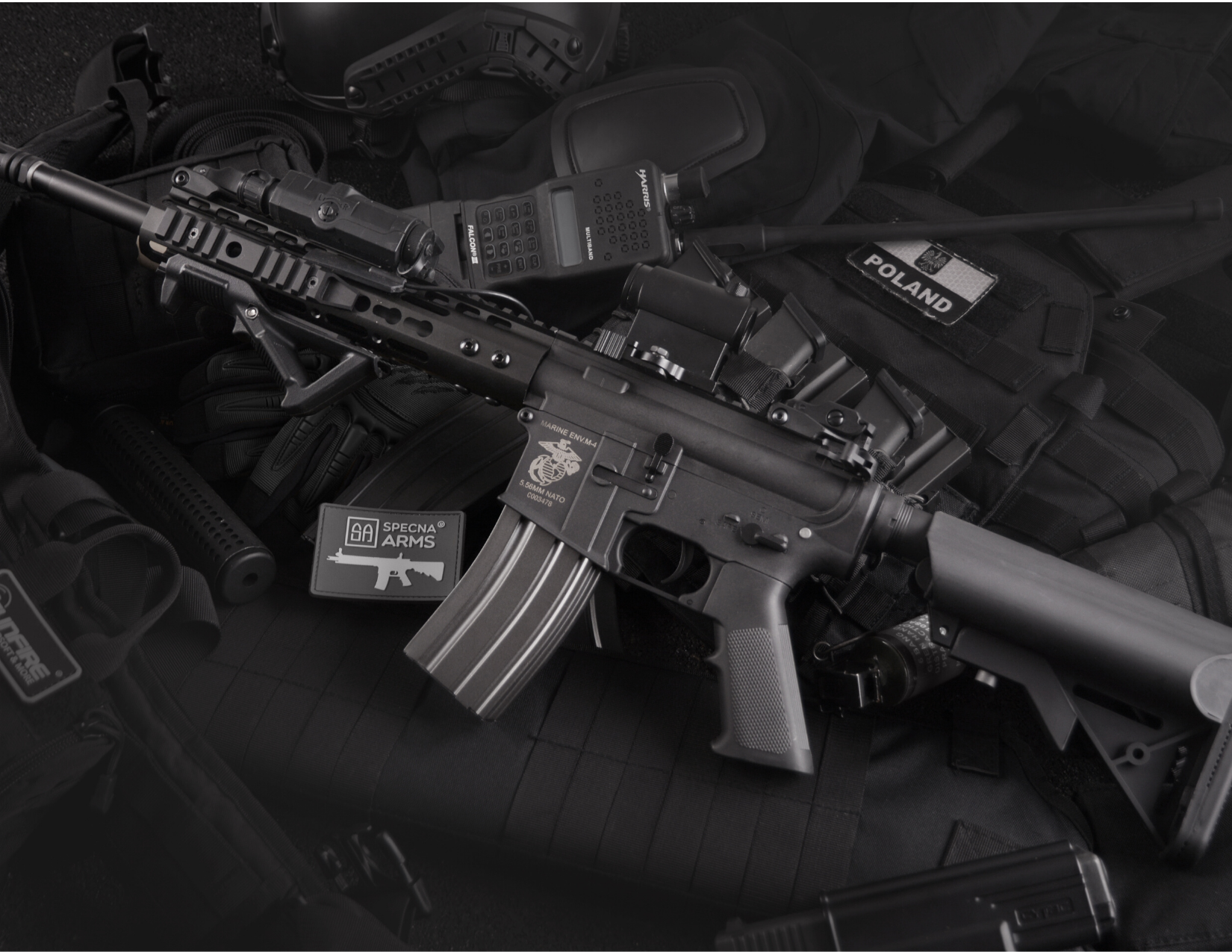New Jersey Gun Crime Lawyers
New Jersey Gun Crimes Attorneys
New Jersey's gun laws are some of the strictest in the country and regulate the sale, possession, and use of firearms and ammunition. New Jersey's gun laws have become so complicated that police and prosecutors are often confused about what constitutes a violation of the law. Some of the most frequent weapons charges are as follows:
Improper transport of a gun in a vehicle
Unlawful Possession of a gun
Possession of a ghost gun
Possession of a weapon by a convicted felon
TSA arrests for gun possession at airport security
TSA arrests for ammunition possession at airport security
Possession of imitation guns, BB guns, airsoft guns, and paintball guns
Carrying a firearm without a NJ carry permit
Possession of a weapon during the commission of a crime for example, robbery with a deadly weapon, or on school property
Possession of a high-capacity magazine
Pointing a firearm
Defaced firearm / obliterated serial number
Felon in possession of a firearm.
Possessing a firearm in New Jersey without a valid permit
One of the most common firearm charges in New Jersey involves possession of a firearm in an automobile. The laws regarding the circumstances under which certain people can transport firearms in automobiles are fact specific and can be complicated. The second most common firearm charge is carrying a gun in public (concealed or open) without a proper NJ permit. New Jersey does not recognize or grant full faith-and-credit to any out-of-state carry permits. Either a person has or does not have a valid New Jersey carry permit.
This is a second degree felony in New Jersey and, upon conviction, a defendant could be sentenced to a minimum of five years in state prison without parole for three years.
Because it is almost impossible to obtain a permit to carry a gun in New Jersey, this law applies to anyone who carries a gun outside of their home.
New Jersey state firearm laws are extremely complicated to the point that police and prosecutors often wrongfully accuse people. The most common example is when people are accused of possessing firearms inside their own homes (no permit is required to have a gun in one’s own home) or where a person customizes a firearm and the police incorrectly believe that the firearm is an assault firearm.
TRANSPORTING GUNS ON PLANES
Legal gun owners are frequently arrested by the TSA at Newark Liberty Airport (EWR), JFK Airport and LaGurdia (LGA) Airports despite having followed the correct procedure for transporting their firearms with the airline in accordance with federal law. In addition, travelers are frequently arrested for accidently leaving bullets, magazines and guns in their luggage. Depending upon the circumstances you could be charged with state or federal criminal charges as well as civil penalties.
Federal gun laws
The right of people to keep and bear arms is governed by the Second Amendment to the United States Constitution. However, federal gun laws control the manufacture, trade, possession, transfer, recordkeeping, and transportation of firearms, ammunition, and accessories for firearms.
The Federal Firearms Act of 1938 requires that gun manufacturers and individuals who sell firearms have federal firearm licenses. This law also actively prohibits the transfer of firearms to certain classes of people, including convicted felons. The Gun Control Act of 1968 prohibits interstate transfers of firearms, except between authorized manufacturers, dealers, and importers. The Firearm Owners Protection Act prohibits the sale to civilians of automatic firearms manufactured after the date the law was enacted.
If federal authorities suspect you of possessing firearms or other weapons illegally and are investigating you, you may face serious federal charges and a severe sentence, if convicted. You should not wait to contact a defense attorney with extensive experience in handling federal firearm crimes.

